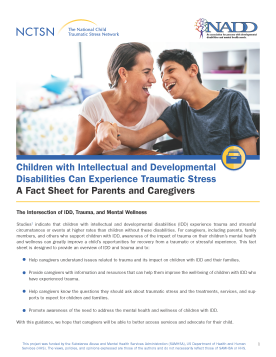
Children with Intellectual and Developmental Disabilities Can Experience Traumatic Stress: A Fact...
Offers parents and caregivers information about how children with intellectual and developmental disabilities (IDD) experience traumatic stress.
The following resources on child trauma were developed by the NCTSN. To find a specific topic or resource, enter keywords in the search box, or filter by resource type, trauma type, language, or audience.

Offers parents and caregivers information about how children with intellectual and developmental disabilities (IDD) experience traumatic stress.
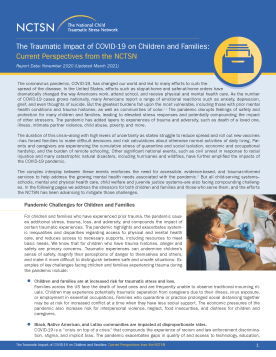
Outlines some of the traumatic impacts that COVID-19 has had on children and families. This report breaks down some of the pandemic challenges that children, families, and child-serving agencies have faced and describes the NCTSN's response to COVID-19.
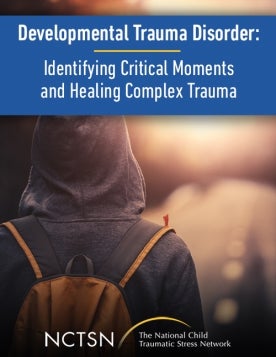
Features Jayda, a young mother who is battling feelings of inadequacy as the parent of a toddler. Jayda is struggling to balance life’s responsibilities while experiencing loss and loneliness following the incarceration of her partner Trevor.

Emphasizes the importance of individual and family voices in trauma treatment, and includes the voices of family members who participated in Familias Unidas, an evidence-based program focused on parenting skills.
Currently available on:

Comparte cómo tomando en cuenta las consideraciones culturales informa de manera más eficiente al equipo de trabajo al brindar servicios de trauma a jóvenes y familias Latinoamericanas.
Currently available on:
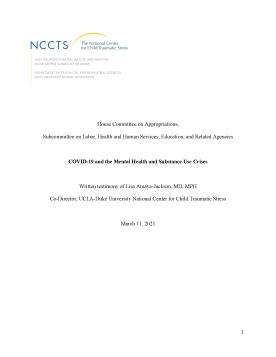
Provides an overview of common pandemic-related stressors among children and families, highlights NCTSN efforts to mitigate these issues, and offers priority recommendations.
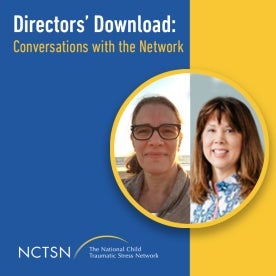
Features Nancy Kassam Adams and Anne Kazak, longtime members of the NCTSN and Co-Directors of the Center for Pediatric Traumatic Stress, an NCTSN Category II Center.

Provides an overview of activities of NCTSN grantees who received Fiscal Year 2019 supplement funding to address the needs of unaccompanied alien children and shares lessons learned from working with this population.
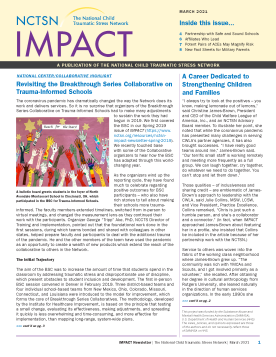
Offers helpful resources and inspiring reports abound in the March issue of IMPACT, where we spotlight NCTSN members, including Affiliates, who have raised the bar around innovative ways to help children and families during the pandemic. Schools are a special focus in this issue, and you
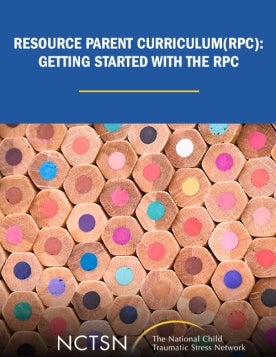
Explores the essential elements of the Resource Parent Curriculum (RPC) and what is most important for agencies to know when thinking about launching the workshop, including additional questions related to getting started with the RPC.
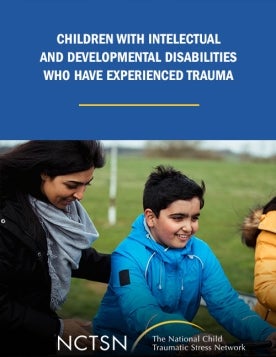
Presents a formal model based on a “matrix” of TF-CBT steps and will also provide recommendations for treatment structure, process, and supplemental resources from the IDD/autism literature.

Introduces Miguel, a 17-year-old with a history of truancy, fighting, and multiple arrests since the age of 14— around the time his mother passed away from cancer. He lives with his grandmother and siblings and occasionally sees his father, who lives out of state.